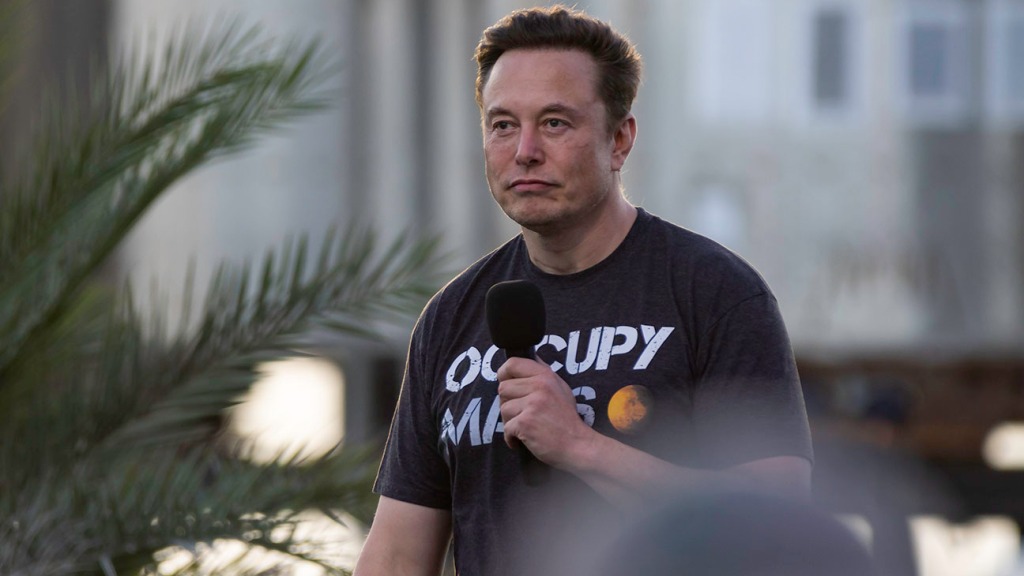
Twitter’s new owner, Elon Musk, says the social platform “has had a massive drop in revenue” since he acquired it a week ago.
Musk tweeted on Friday that he believed the revenue hit was “due to activist groups pressuring advertisers, even though nothing has changed with content moderation and we did everything we could to appease the activists.”
“Extremely messed up! They’re trying to destroy free speech in America,” he added.
Musk’s comments came the same day the company laid off thousands of employees around the world. In an unsigned email Thursday night, Twitter told employees the cuts were necessary “in an effort to place Twitter on a healthy path.”
Musk completed his acquisition of Twitter on Oct. 28 and has moved quickly to rework the platform. Among the ideas being developed is a plan to reboot the Twitter Blue subscription service for $8 per month, which would be required for verified users to keep their blue checkmark badge. He also wants to revive the short-form video platform Vine, which Twitter shuttered in 2017.
However, advertising was 89 percent of Twitter’s revenue last year, and Musk’s tweet suggests that marketers are beginning to pull back spend amid concerns around the future of the platform.
Musk said that the company is forming a content moderation council, and that no changes to content moderation will be made until that council is active.
He also tweeted that he is committed to keeping Twitter a brand-safe environment for marketers.
“Twitter obviously cannot become a free-for-all hellscape, where anything can be said with no consequences!” he wrote in an open letter Oct. 27. “I also very much believe that advertising, when done right, can delight, entertain and inform you.”
However, many ad buyers are concerned about the lack of clarity for the platform’s future, and the departure of Twitter’s head of client partnerships Sarah Personette likely didn’t make things easier.
Of course, Twitter is not alone in feeling ad sales pressure. Other tech giants like Meta Platforms Inc. and Google have faced tough advertising headwinds in recent weeks, as have entertainment companies like Paramount and Warner Bros. Discovery.
But the timing couldn’t be worse for Musk, who wants to try and recoup at least some of his $44 billion investment in the platform, and has a hefty debt load to pay off on the deal.

